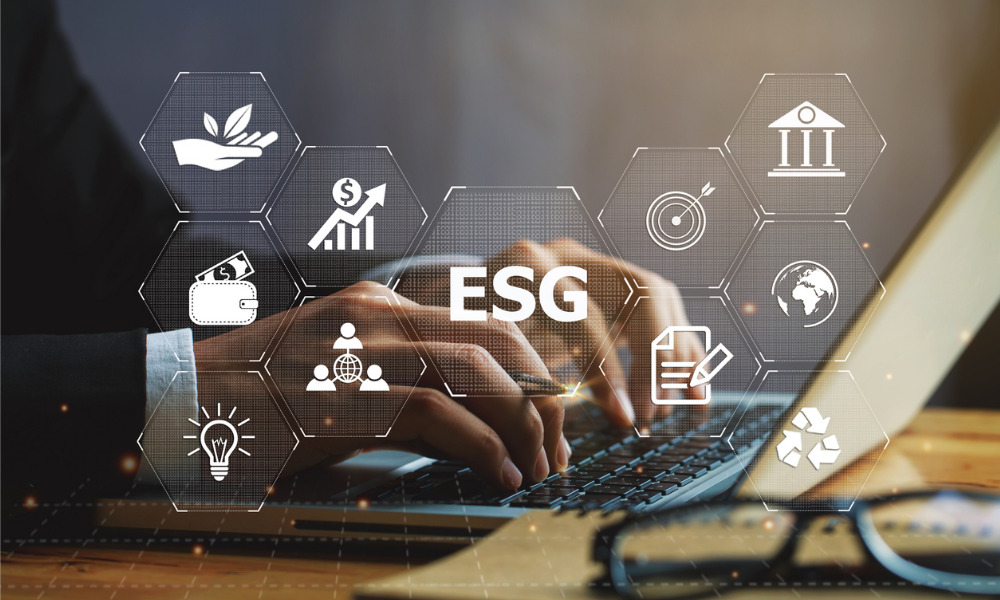Concerns over fee impact on future returns have traders turning to cheaper strategies

The environmental, social, and governance strategies that are most likely to draw investor capital are not always the ones that are greatest at addressing ESG risks, but rather the ones that are the least expensive.
That’s according to a recent paper by André Watt Sjuve, a researcher from the Norwegian School of Economics.
The paper found ESG funds with higher fees have experienced an average capital outflow from August 2018 to September 2021, while ESG funds with lower fees have experienced an average capital inflow during the same time frame.
Investors in the more expensive ESG funds are "more active in seeking out the cheaper alternatives," based on the study, Sjuve wrote in an email to Institutional Investor.
Active management fees have gone down over the past few years, under pressure from passive investment vehicles. But according to conventional wisdom, ESG strategies should not be as vulnerable to fee compression due to the active management expertise they require.
Sjuve’s study casts doubt on that thinking.
“Investors view sustainability as a positive attribute, but how sensitive their demand is to changes in economic conditions remains an ongoing inquiry,” he said in the paper.
He stated that the difficulty faced by expensive ESG funds in retaining investors suggests that economic concerns may be the main factor in investors' decision to avoid sustainable funds.
According to Sjuve's research, persons who invest in funds with higher ESG ratings are more sensitive to increases in fees than those who do the opposite.
He investigated capital flow information for more than 16,000 mutual funds on Morningstar, where funds are graded based on their ESG performance on a scale of one to five globes.
The report found that for five-globe funds, a one-standard deviation rise in fees resulted in a net outflow of 43 basis points, compared to only 11 basis points for one-globe funds.
The price explosion of ESG assets in recent years may have caused investors to become more cautious about the likelihood of future returns, according to Sjuve, who suggested this as one explanation for the cost sensitivity surrounding ESG funds.
“To maximize the probability of seeing their capital grow, they have to be more conscious about the fees they are charged,” he said.
There’s still some flexibility for managers to increase fees for ESG funds with more specific mandates without alienating investors, the report said.
“Some funds have an explicit sustainability mandate and others are focused on having portfolios aligned with individual ESG pillars,” Sjuve wrote.
He concluded that for these funds, investors are more prepared to ignore higher costs to accomplish ESG goals.



